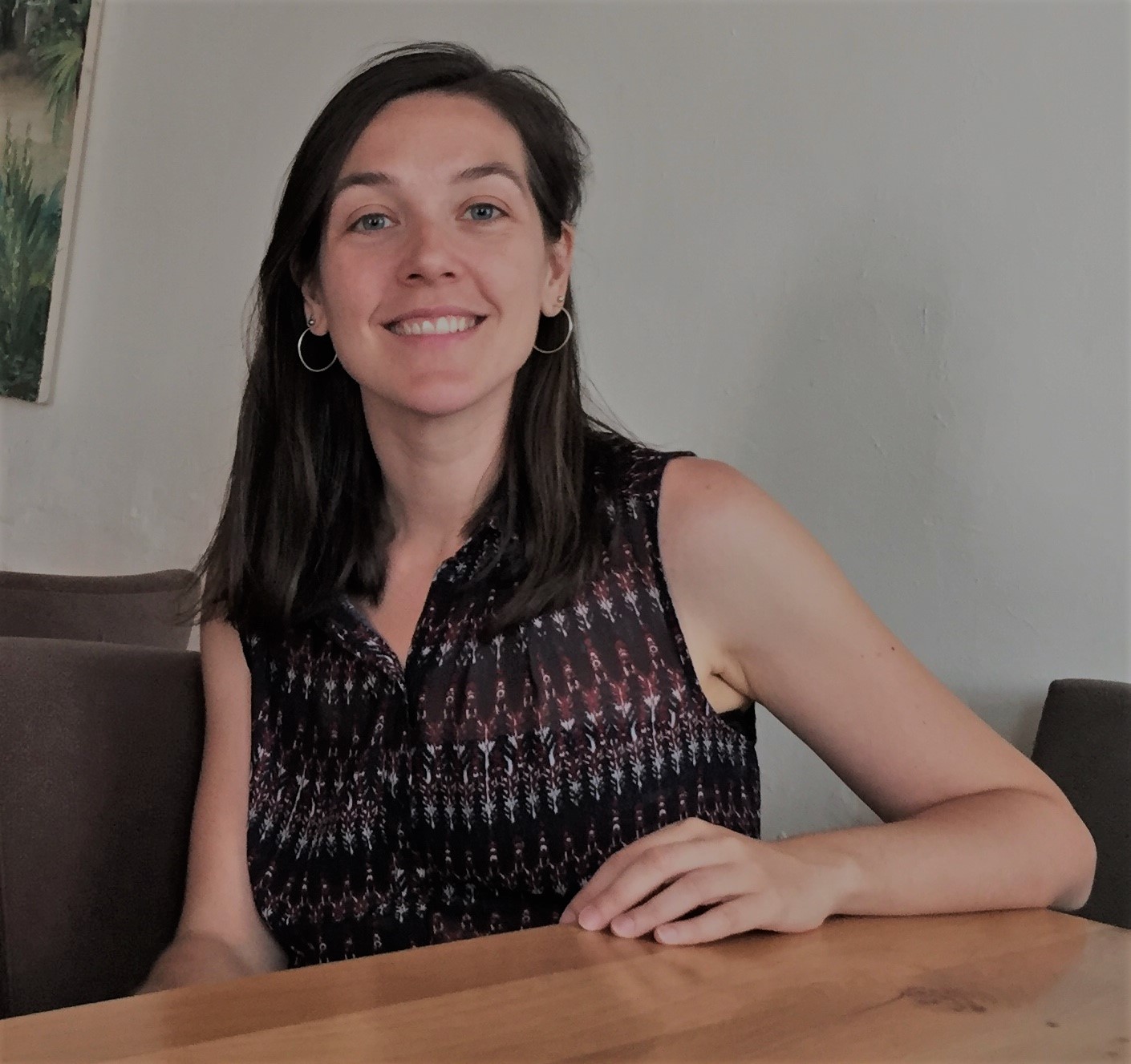Dr. Laia Rojano-Doñate | Aarhus University & Stanford University
Presenting: "Small bodies in cold water: Harbour porpoises energetics and effects of vessel noise disturbance"
Hosted by the MLML Vertebrate Ecology Lab
MLML Seminar | February 12th, 2025 at 4pm (PDT)

Small bodies in cold water: Harbour porpoises energetics and effects of vessel noise disturbance
Harbour porpoises are one of the smallest marine mammals, facing unique energetic challenges, particularly in cold water habitats. In addition to these challenges, porpoises inhabit coastal waters with some of the highest shipping densities in the world, putting them at risk of cumulative long-term effects at both individual and population levels.
Join this seminar to delve into the world of harbour porpoises. The seminar will explore the biology and ecology of these small cetaceans, highlighting their high metabolic rates and foraging strategies, and how these factors may make porpoises more vulnerable to anthropogenic disturbances. We will then focus on current research on the impact of underwater noise on their behavior and energy balance, revealing how even moderate noise levels can disrupt their energy budget and overall fitness.
Dr. Laia Rojano-Doñate
Assistant Professor at Aarhus University and Visiting Researcher at Hopkins Marine Station, Stanford University
Dr. Laia Rojano-Doñate is a behavioural ecophysiologist who applies innovative technologies and analytical methods to tackle the complexities of underwater research. Her research focuses on the physiological adaptations that enable marine mammals to maintain energy balance, as well as their movement and behavioural ecology. She is committed to understanding the physiological and behavioural mechanisms that allow these mammals to thrive in their environment, with the aim of better predicting and mitigating the potential impacts of environmental changes and human disturbances.

